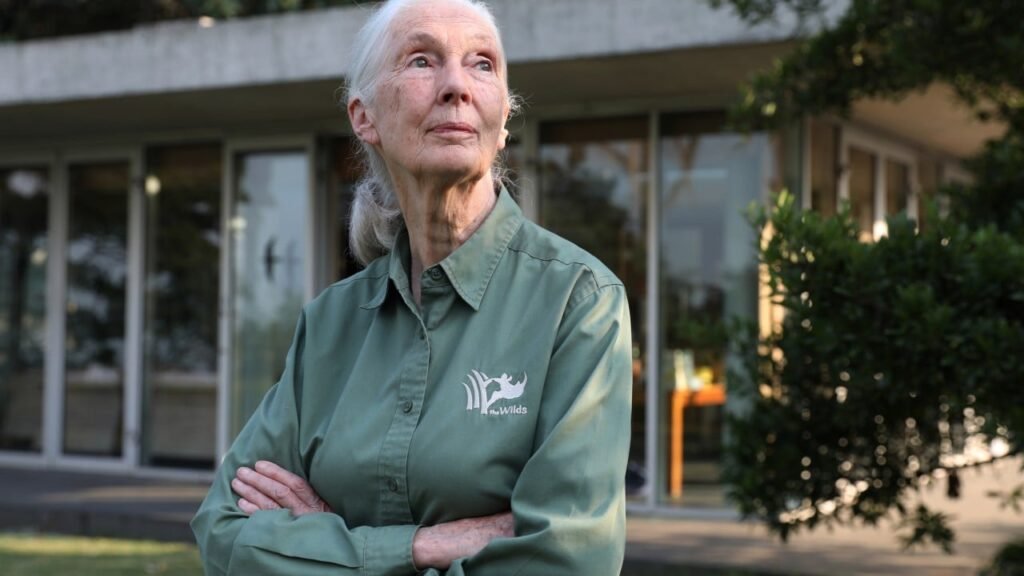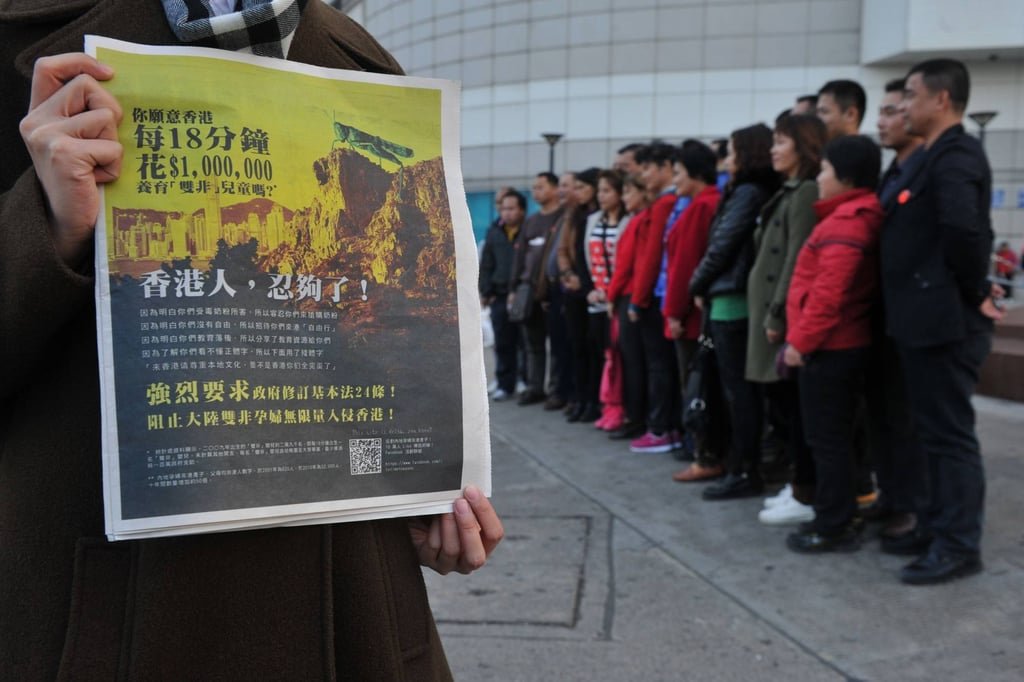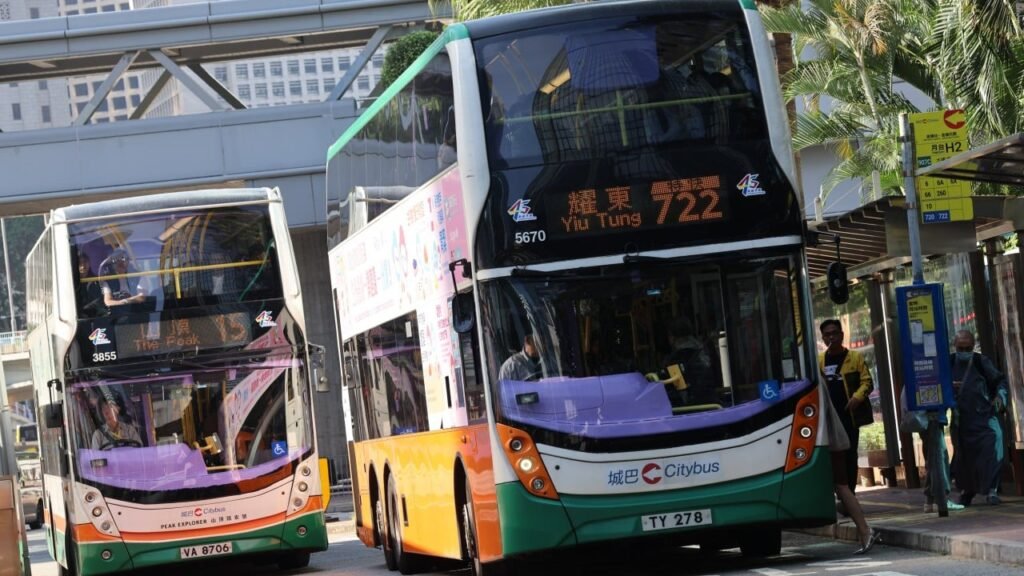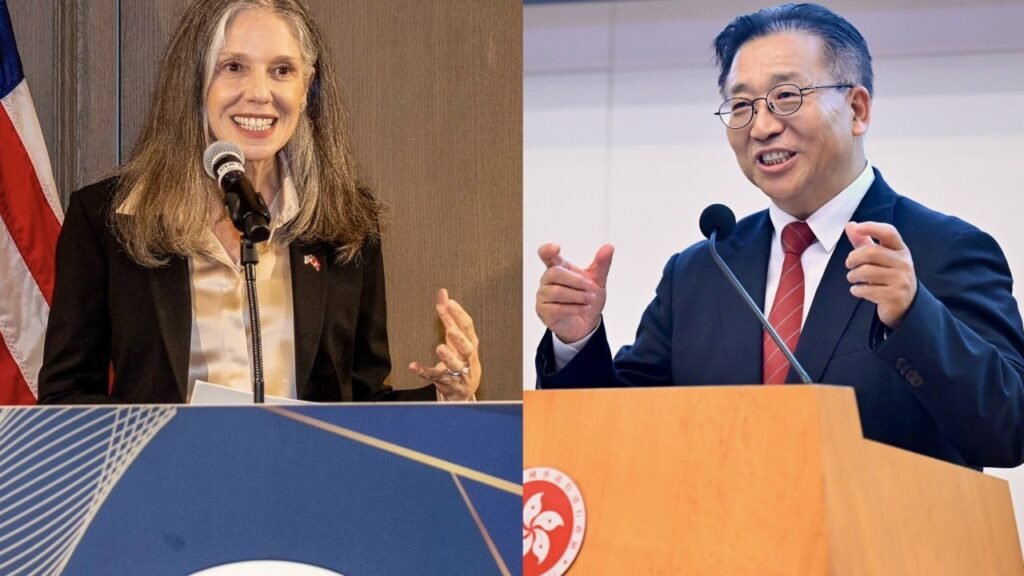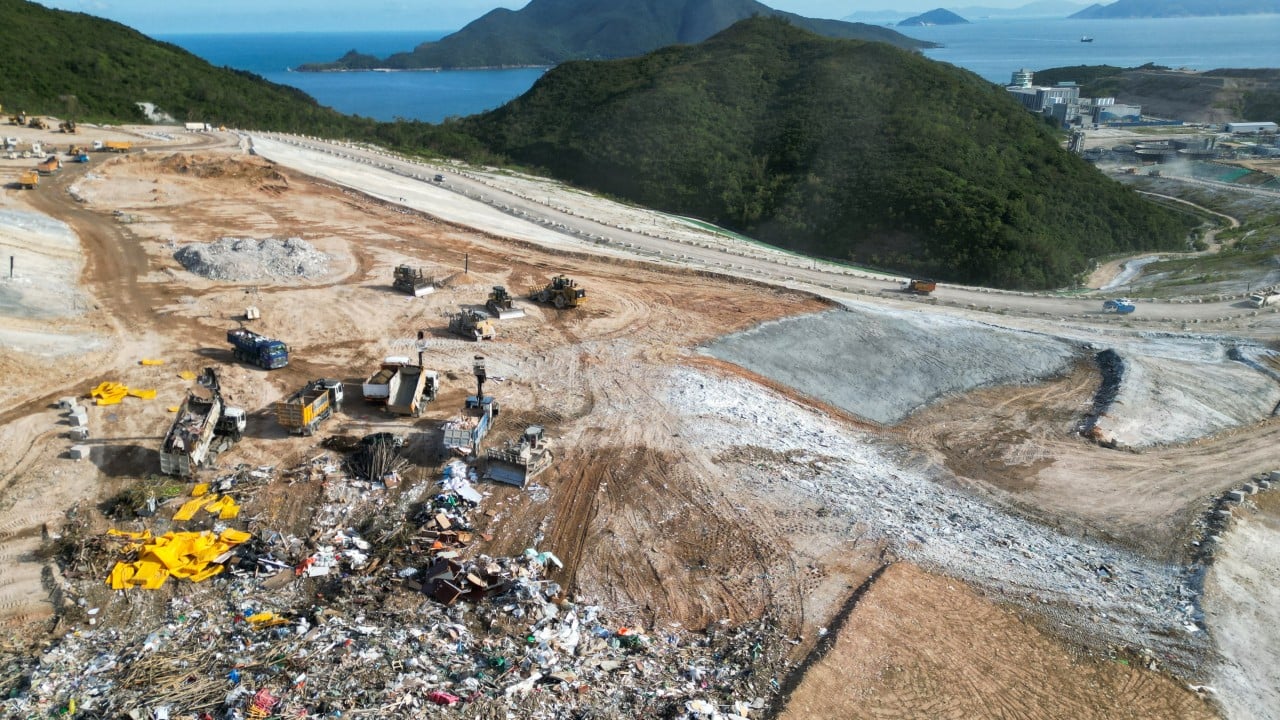
According to government-cited surveys, public sentiment has leaned against the waste-charging scheme’s implementation, especially against the backdrop of the city’s economic sluggishness. Yet, should a downturn be considered a valid justification for shelving a policy designed to safeguard long-term environmental and fiscal sustainability?
Citizens might not be required to pay directly for waste disposal now, but the financial implications of the city’s current disposal system are substantial. The cost of landfill disposal for every tonne has nearly doubled over 10 years, from HK$191 in 2013 to HK$367 (US$47) in 2023. Incineration at the Shek Kwu Chau facility is even more costly, at around HK$816 per tonne.
Persistently high waste volumes place an extremely heavy burden on public finances. Without meaningful waste reduction measures, more investment in incineration facilities will be inevitable, which could cut into government spending on education, healthcare and social welfare.
It appears that some members of the public may have lost sight of the fundamental rationale behind the waste-charging scheme approved by the Legislative Council in 2021.

